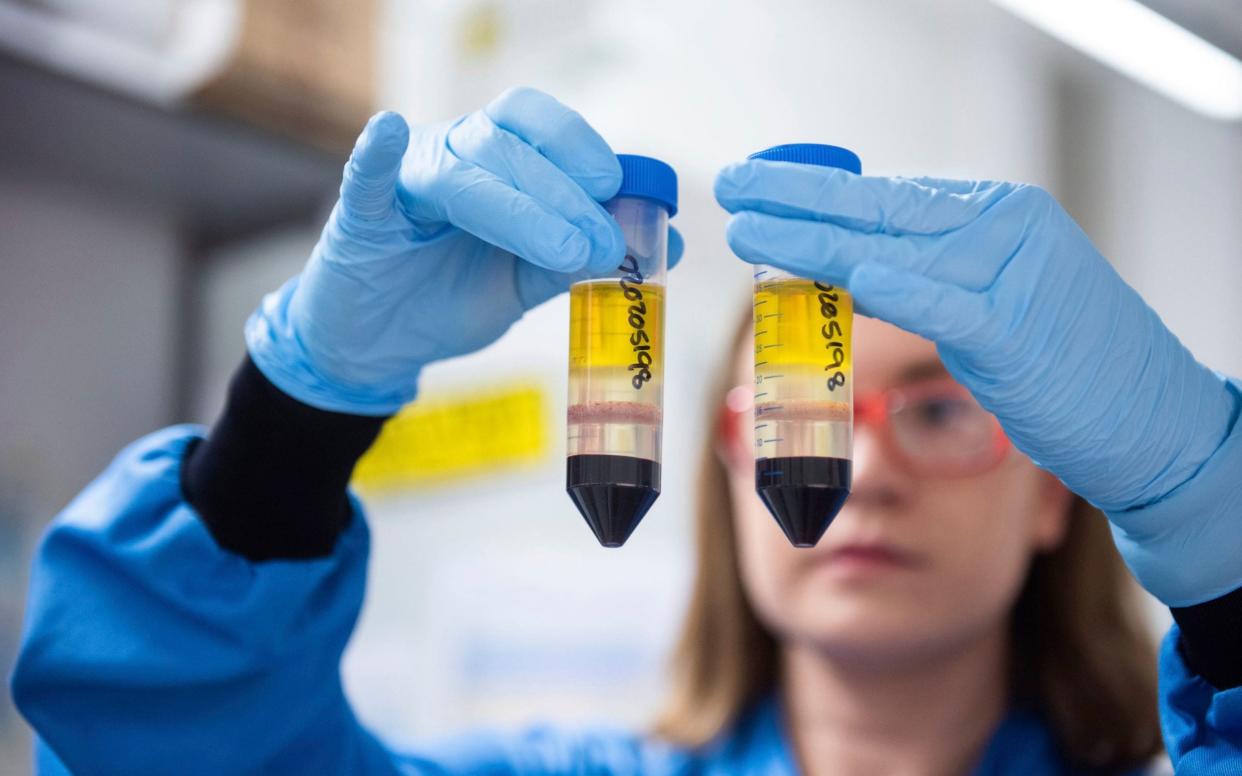AstraZeneca's failure to disclose trial pause caused US regulator to lose confidence, says NYT

AstraZeneca's did not disclose that it had paused trials of the Oxford vaccine trial during a call with US regulators, undermining officials' confidence in the jab and delaying its development, according to the New York Times.
The pharmaceutical company held a call with the US Food and Drug Administration on September 8 to discuss how they could secure the regulator's approval for a Covid-19 vaccine it was developing with the University of Oxford.
However, according to the New York Times, during the call AstraZeneca officials did not disclose that two days earlier the company had suspended its global vaccine trials after a participant in the UK had a suspected adverse reaction.
Hours after the call, news of the halted trials broke, leaving FDA officials "blindsided" and "stunned" that the company had not disclosed the information directly to them.
The incident, along with other alleged communication blunders, damaged the UK company's standing with US regulators and appeared to slow the vaccine's development, according to the New York Times.
FDA regulators had expected the firm to keep them apprised of any developments since the US government had pledged more than $1 billion to develop the Oxford-AstraZeneca vaccine and to supply the country with 300 million doses if it proved effective.
US regulators had initially hoped that the Oxford vaccine, which is cheaper and easier to transport and store than some of its competitors, would make up a significant portion of its immunisation programme.
In late November, scientists from Oxford and AstraZeneca revealed that their vaccine had achieved an overall efficacy rate of 70 per cent in Phase Three trials. The efficacy rate rose to 90 per cent in a sub-group, a finding researchers said was "intriguing".
It was then revealed that this had stemmed from an error when some of those in the study were given just half a dose for the first jab when a full dose had been intended. Those given the intended dose saw efficacy rates of just 62 per cent.
However when the trial findings were revealed on November 23, neither AstraZeneca nor Oxford disclosed that the 90 per cent figure had been based only on a group of adults aged 55 and under.
Amid growing questions about the jab's performance, America's vaccine chief Moncef Slaoui has said AstraZeneca's most recent results most likely “will not be sufficient for an approval”.
Professor Andrew Pollard, the lead investigator of the Oxford vaccine trial, told the New York Times that the Oxford team had been “as transparent as we can all along”, citing the team’s publication of peer-reviewed articles and trial blueprints.
AstraZeneca also told the newspaper: “We continue to share all data with the FDA and other regulators around the world in a timely manner”.

